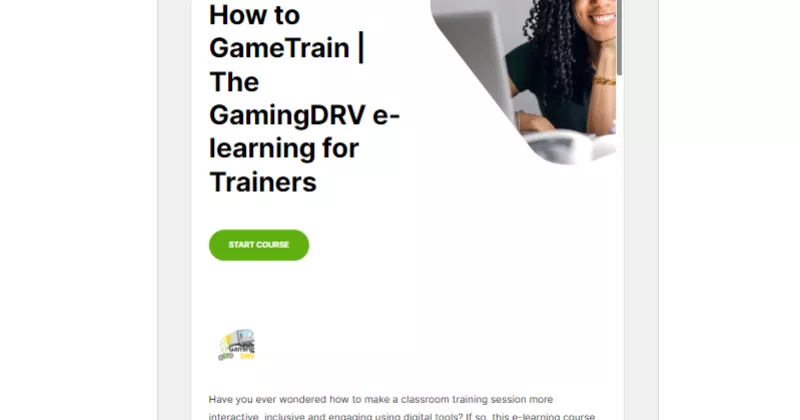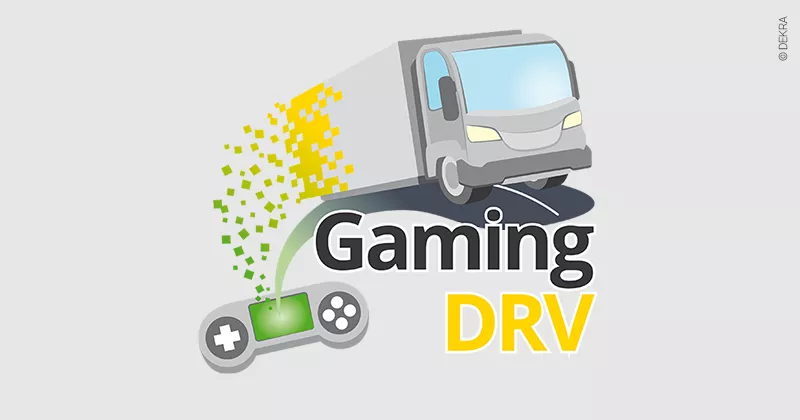Lessons Learned: Digitizing a Counselors’ Training
In 2019, when we drafted our proposal for the CORE (“assessing COmpetences for REintegration”) project, we could not imagine running a two-year-long cross-national project without its in-person events: meetings, staff training activities, and dissemination conferences. As initially planned, our trainers from the Association for Competence Development “S.K.I.L.L.S.” created a curriculum for the 6-work-days international counselors training—when the pandemic hit.
How do you reach the learning objectives with online training instead of an in-person one? Differently. That was lesson #1. We had to readjust our expectations and approaches for the online training, knowing that we, as trainers, will not be able to dedicate as much time to our training participants as we would during in-person training. We had to accept that we would be sharing our participants with their other daily obligations at home (office) and that people experience a special type of “tiredness” after spending hours at a computer. We needed to invest more energy in making people feel heard, seen, and engaged in online conversations and exercises, and we had to change the way we give instructions and lead plenary discussions.
Eventually, when our initial disappointment and fear wore off, we decided to get creative and think of the best alternative techniques for online training. Below are another six lessons we learned—thank us later if you find them helpful!
Lesson #2—Agenda has never been this important!
It is not only important which days your training will be held on, but also at what time. Remember, when working online, we are sharing others’ attention with people around them (e.g., a baby at home) and with other tasks they need to complete online (e.g., emails popping up on their screens). Therefore, it is vital to send out the agenda to participants at least two weeks before the training with indicated break times, so they can plan accordingly. When creating the agenda, it is best to plan for shorter sessions with more breaks throughout the day; for example, our block lasted for 45 minutes, with a 15-minute break. Finally, make sure you stick to the schedule—your participants will be thankful!
Lesson #3—Talk about the technology, plan for B, C and D, and do not assume people have learned all rules by now.
Being able to see participants and communicate with them non-verbally is crucial for a trainer, both when working in-person and online. It is mandatory to stress the importance of keeping cameras on and using reactions to signal and highlight support to others or their own needs. Keeping microphones off is another technical must, but also an opportunity for trainers to see when a participant unmutes themselves—one more reason for a trainer to have a separate screen for watching participants. Regarding the technical equipment for a trainer, two screens are recommended, together with at least one spare set of headphones with a microphone.
Lesson #4—Less theory and more group work.
If the training was delivered in-person, we would have more time and energy to just talk and learn informally. However, sitting and talking or listening at a computer for hours is draining for everyone. Therefore, the theoretical parts of the training were limited to 20 minutes each, including a short discussion. We decided to “keep” (and adjust) most of our planned exercises for the training using breakout rooms for tasks done in groups and pairs, as well as for counselling role-plays in groups of three, where one person was an observer gathering feedback for the other two.
Lesson #5—Translation matters.
We worked with a group of 15 participants, some of which do not speak English fluently. Our trainers work in English and in Bosnian, Croatian, and Serbian languages. If we could go back in time, we would either hire someone to translate simultaneously (in chat, at least), or let the trainers translate one way by summarizing what was said. For example, they would only translate from Serbian to English, because most participants did understand English, but not Serbian.
Lesson #6—Assign homework and do follow-ups, please.
When facilitating learning through observation, it is good to prepare and use recorded content. If it is assigned as homework, each participant can choose their own time for learning outside the training hours. Make sure you set a due date for homework submission and a task summarizing each participant’s take-aways from the task. Simulations and testimonials are great for recording—and you can always do a “good” and a “bad” example of some skills. Remember, learning is always easier with some humor!
Lesson #7—Communicate, remind and check-in.
At the end of a training module, participants will go off to their other tasks, and sooner or later will start to procrastinate with the training homework. What worked very well was frequent communication with participants through emails—sending reminders and check-in emails to let them know you are available for questions or consultations. We organized five small group mentoring sessions with 3 participants after each training module, which turned out to be very efficient. Participants reported that working in the same small group over a longer time has been extra beneficial for them to practice their skills and exchange feedback.
Do you know of a Lesson #8 from your experience we could add to this list? Let us know!
Blog post by:
Nikolina Garaca and Slobodanka Gajic, Association for Competence Development "S.K.I.L.L.S."
Project framework
On October 1st 2019, the two-year EU project “assessing COmpetences for REintegration” began as part of the Erasmus+ programme (project reference: 2019-1-DE02-KA204-006193). CORE is led by the Deutsches Institut für Erwachsenenbildung – Leibniz-Zentrum für Lebenslanges Lernen (DIE) [German Institute for Adult Education – Leibniz Centre for Lifelong Learning] in the role of coordinator, together with partner organisations Association for Competency Development “S.K.I.L.L.S.” (SKILLS) from Bosnia and Herzegovina, Lifelong Learning Center (LLC) from North Macedonia, Association of Citizens Laris (LARIS) from Serbia, and Ljudska Univerza Velenje (LUV) from Slovenia.





